
Robin Pope: Walking Safari in South Luangwa
As we began our walking safari in South Luangwa, baboons began to alarm call nearby. Our guide turned to us and smiled, “It might be lions or a leopard. Let’s go.” Unlike other walks in the bush where we would have gone out of our way to avoid apex predators, in Zambia we changed course to see if we could find the source of the commotion. Guinea fowl joined the baboon chorus and our guide surmised there was a leopard in the thicket. We arched downwind and moved along the edge of the thick, wooded area. To our right was the river where a multitude of hippos were basking along the banks. I tried to tread as silently as possible, but dried leaves crunched under my every step and my heartbeat quickened – not because I was on foot with a leopard nearby, but because the thrill of tracking and possibility discovering what you seek is thrilling. Our group of loud humans traipsing thru the bush alerted the leopard to our presence and it disappeared without us catching a glimpse. If a leopard does not want to be seen, you will not see it. There was a vehicle nearby that confirmed it had indeed been a leopard. Slightly disappointed but also quite relieved to not come face to face with big cat, we carried on.
South Luangwa is famed for walking safaris with two notable companies (Norman Carr and Robin Pope) offering multi-day or shorter walks between permanent camps. I wasn’t spending enough time in the park to take advantage of either of these options, but Tena Tena (operated by Robin Pope Safaris), the camp I was staying at, offered walks in place of the standard game drive. Unlike walks I have done in other countries, a walking safari in South Luangwa National Park feels more wild and remote.
One morning my guide, an armed park ranger, a butler carrying supplies for our tea break, and three guests set off just after 6:15am. We stopped to examine a recently dug aardvark hole, the imprint of a giraffe that had bedded in the sand for a sleep, a civetory (or civet dung pile), to scan for the old bull buffalos that liked to frequent the area, amongst countless small things often overlooked whilst whizzing by on a vehicle. On foot, you can hear the wing beats of birds as they fly nearby, the trees and plants become topics of conversation, and the animals appear much larger, especially the male kudu we encountered. And, unlike other places where I have walked, many of the animals paid us no heed. Puku (a small antelope) sussed us out and then went back to grazing or fending their territory from intruding males. The lone exception was an extremely young giraffe that attempted to hide behind a termite mound as we meandered by.
The invulnerability that you feel on the vehicle dissipates when on foot and instead of feeling slightly apart from your surroundings, you feel as if you are a part of nature. Our existence feels more temporal. There is such a sense of calm, one I also experience when hiking, but the major difference is that in the bush there is also a hint of danger. There is the possibility that an animal is around the corner – a bull buffalo, a breeding herd of elephant, or a hippo. The first time I went walking, a sense of dread washed over me as the tracker drove the vehicle back to camp. The feeling only intensified as our guide launched into his rehearsed safety briefing that included the instruction, if we did happen to surprise an animal to look at him and follow his every command. If felt as if I were putting my life in someone else’s hands. Since that initial walk, this is an activity I often request not only because I welcome a little physical activity to offset the indulgent meals consumed on safari, but because you truly do experience the bush in a different, more visceral way.
Around 8:30 we found what seemed like the last remaining spot of shade next to a water pan and had tea/coffee and freshly baked muffins. The resident hippo ambled off shortly after we arrived, but the puku and waterbirds provided a fair amount of entertainment. The sun was quite strong as we resumed our walk, but we happened upon two different snakes sunning themselves, impala, and more puku. Just before 10:00am we arrived at the banks of the river, where a surprise bush brekkie awaited us. After three plus hours of walking, a hot cooked breakfast was a welcome treat. While our guide seemed disappointed we had not come across one of the big cats, I thought it was a perfect, relaxing walking safari in South Luangwa.
Tena Tena is a wonderful small tented camp with just six tents situated along the river. The bathrooms are en-suite, but outside and adjacent to the tent. There is a concrete wall to ensure that you don’t run into a grazing hippo at night, but this arrangement made for some interesting middle of the night decisions, especially when there were lions calling nearby. I found out in the morning they had made a kill in front of another tent! This is a seasonal camp and every rainy season, the tents are dismantled and packed up until the rains abate and the mud dries out in May.
As I was the only guest on my vehicle, I enjoyed that all meals were eaten communally as it was an opportunity for guests to share what they had seen during the day and guides to mesmerize with tales of living in the bush. South Luangwa is not the easiest location to get to. From Johannesburg, I flew to Lusaka, spent the night, affording me the opportunity to have dinner with friends. The next morning I connected to an hour long flight to the park and then drove another 1.5 hours to get to camp. Of course the remote location, was what had attracted me to South Luangwa in the first place.
None of these photos were taken on our walk, as I opted to carry a much lighter wide angle lens. This allowed me to focus more on my surroundings and experience the walk, instead of capture every moment. If you get the chance to walk on safari, swallow your initial fear and go for it!
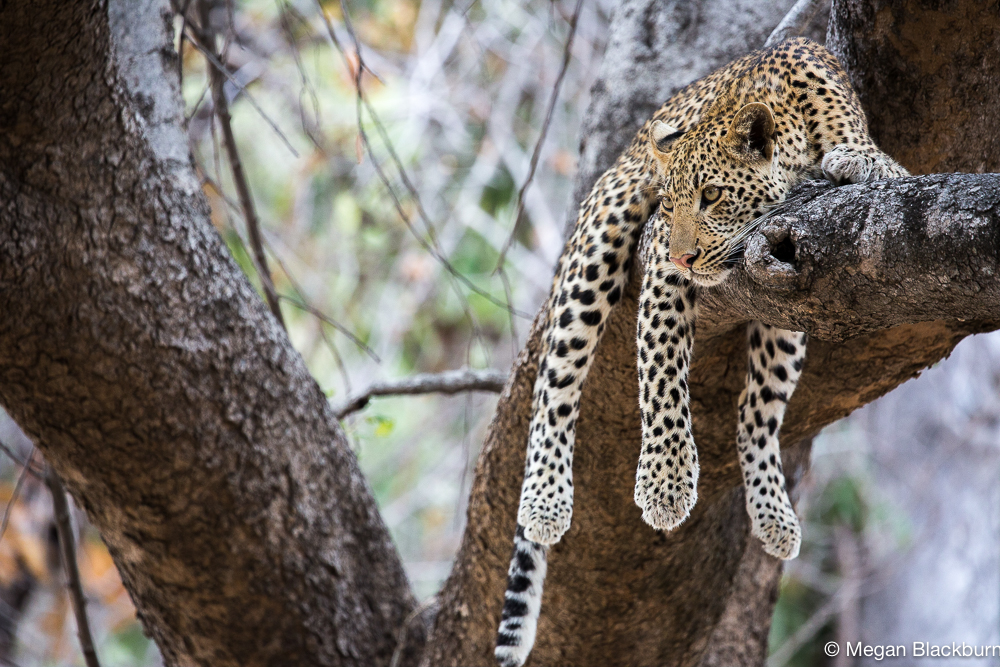
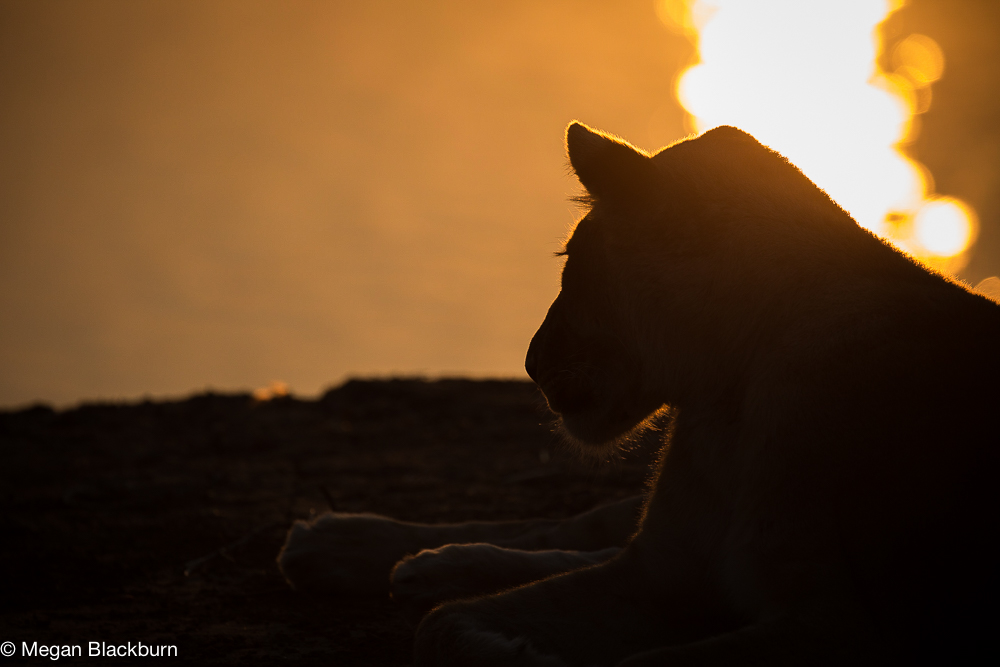
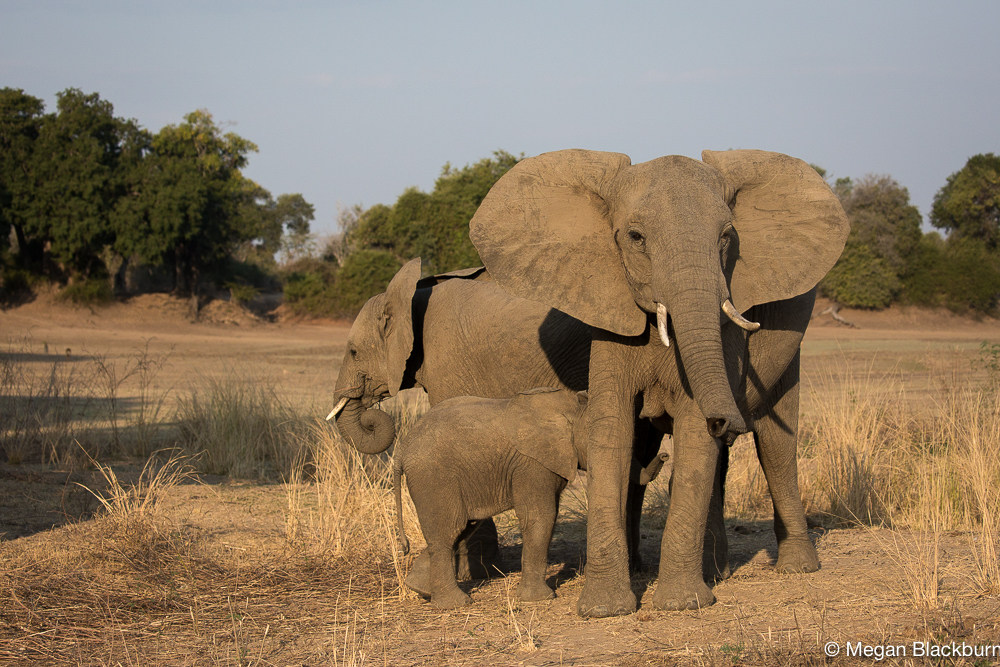
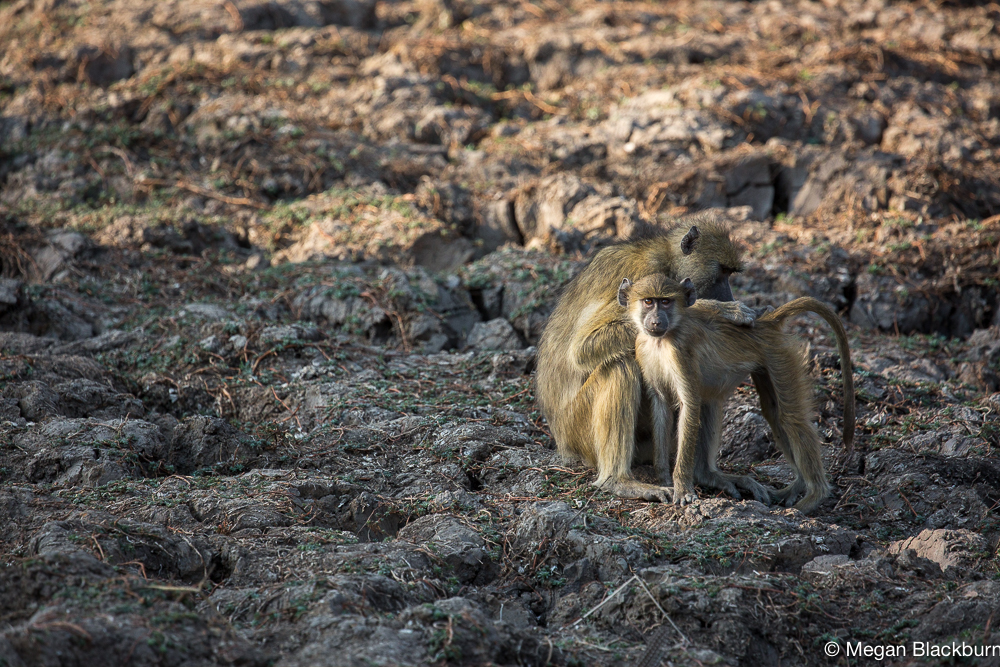
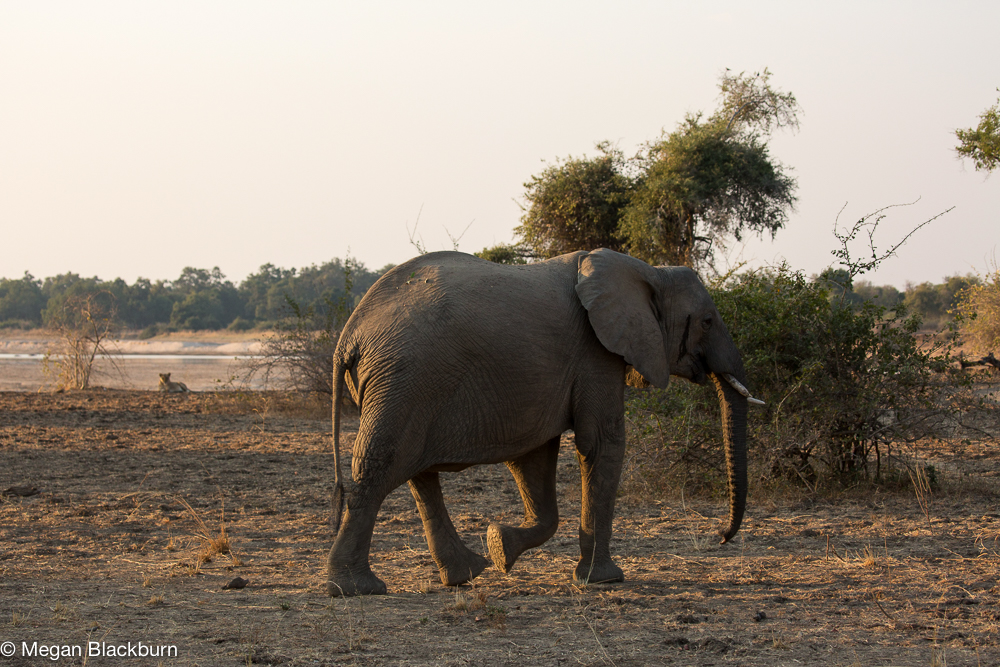
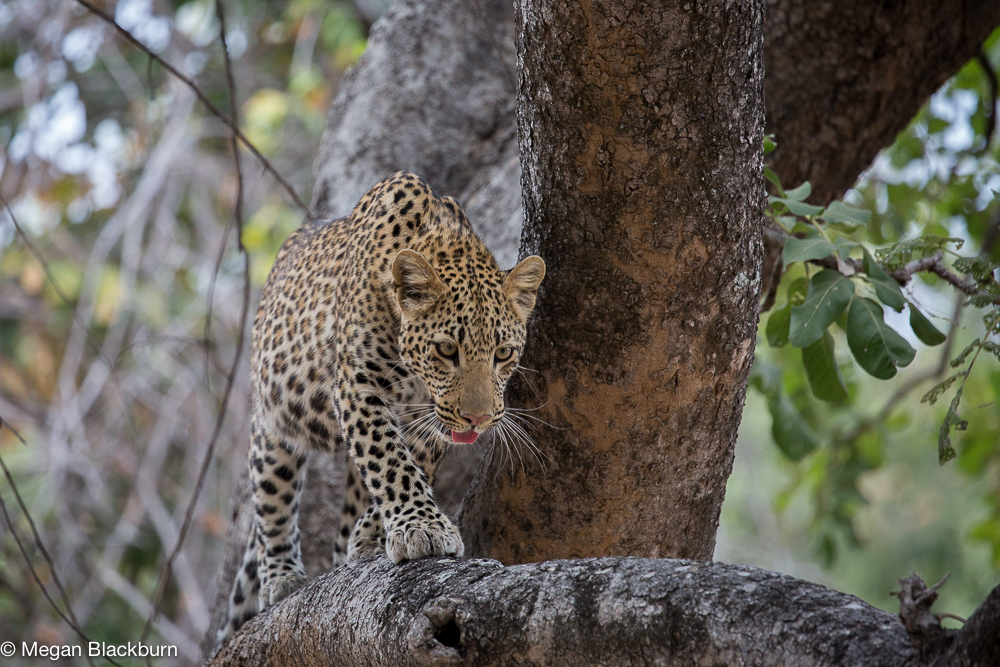
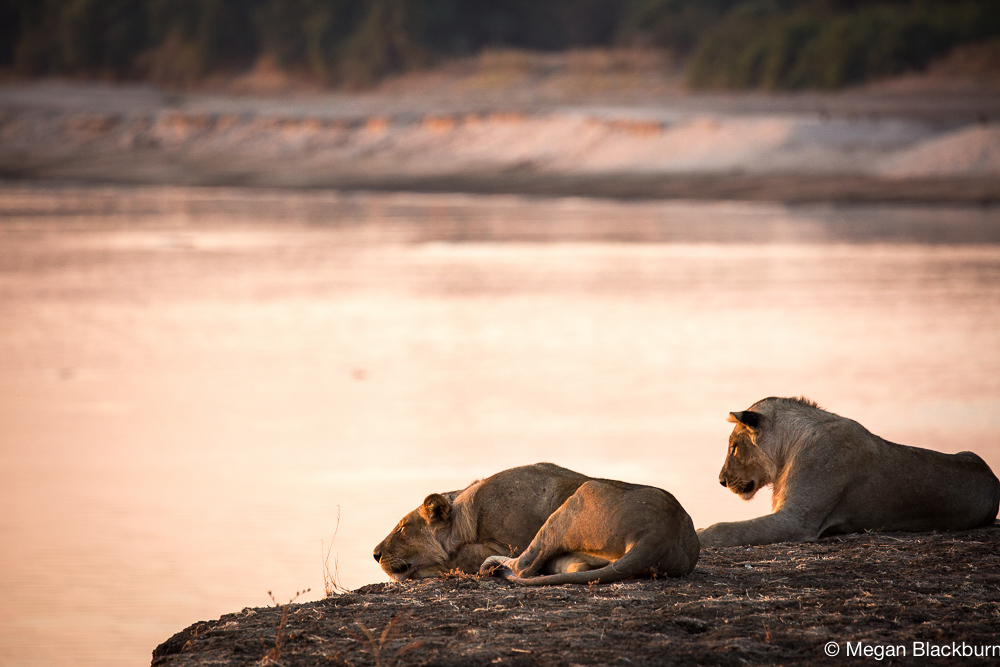
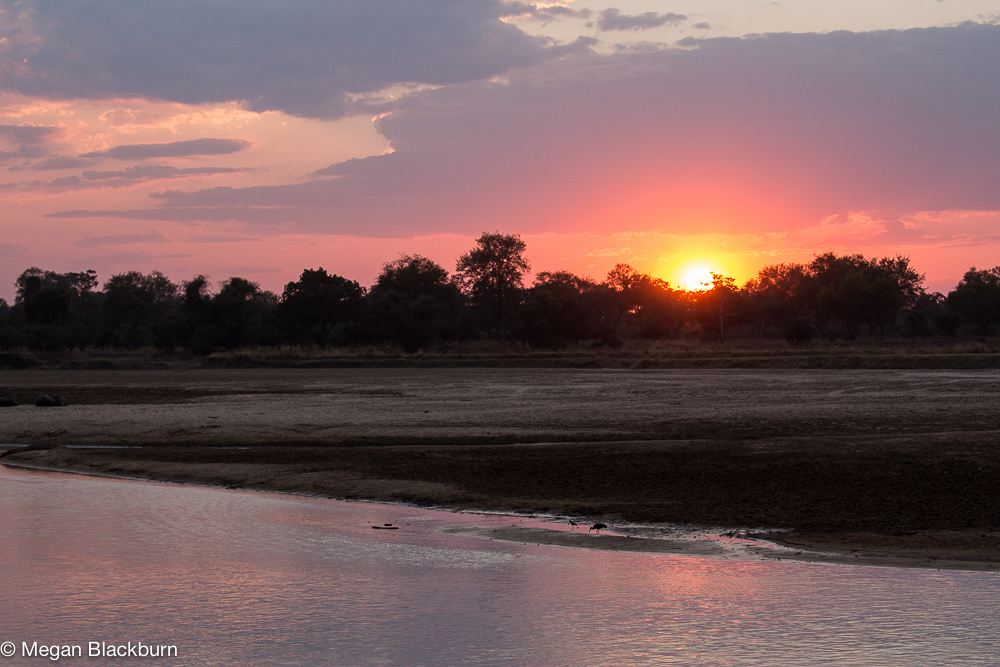
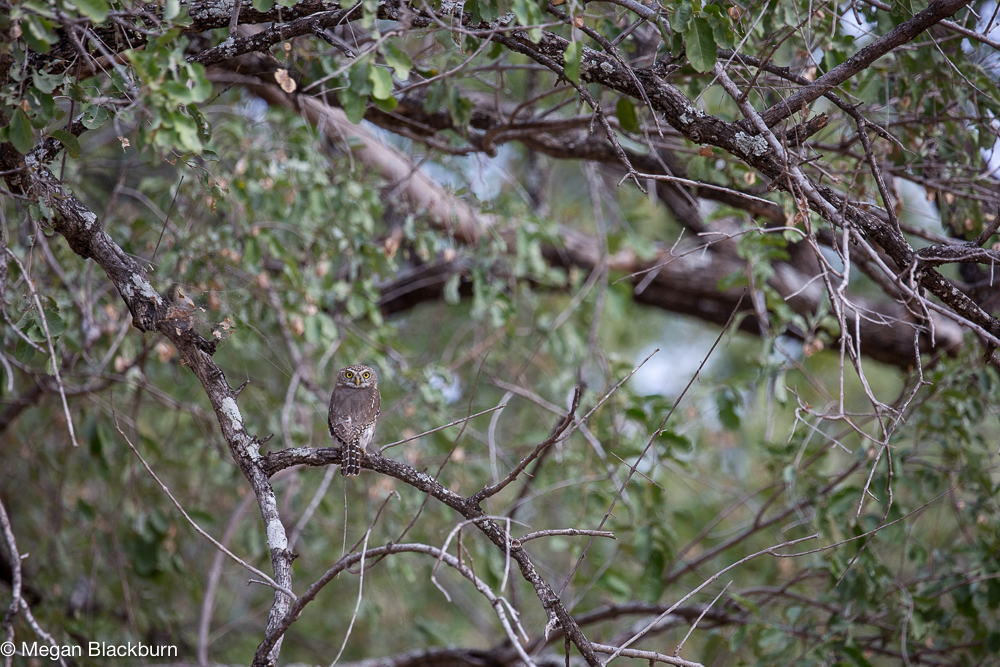
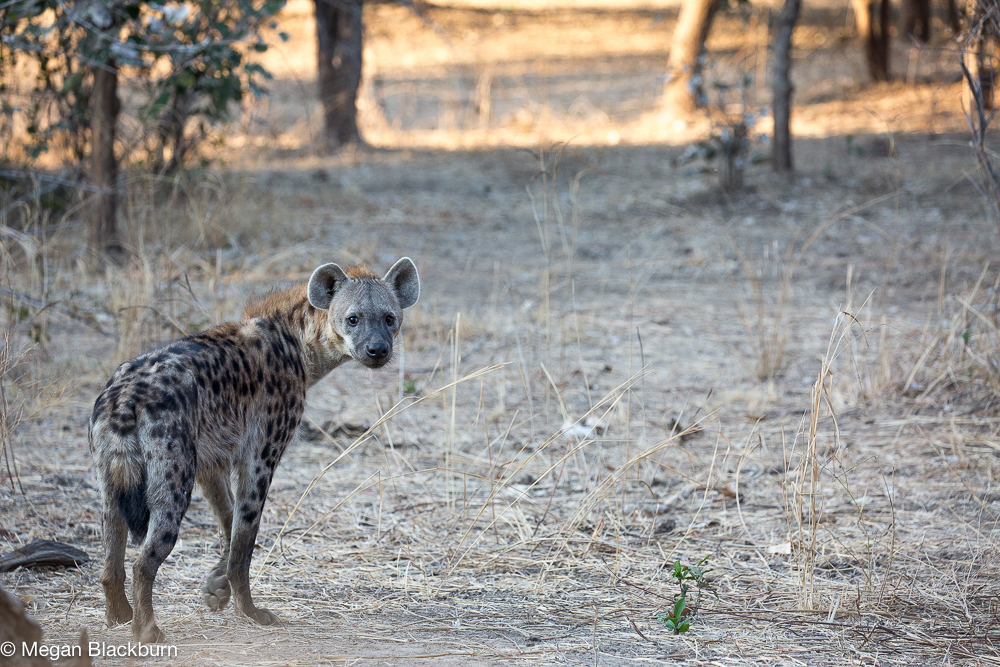
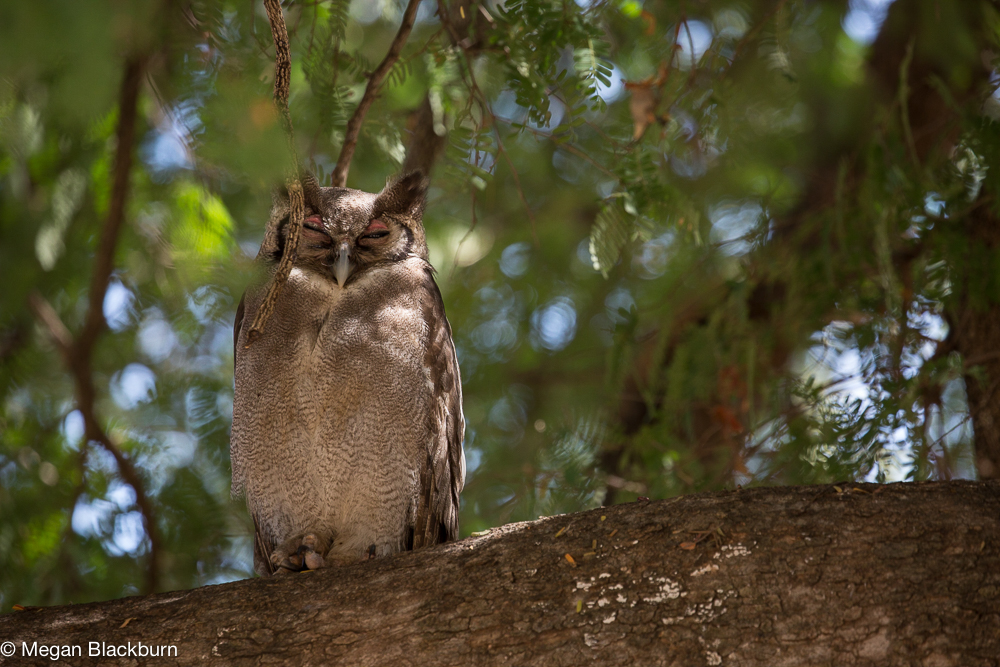



Thanks Megan, sounds like another great adventure.